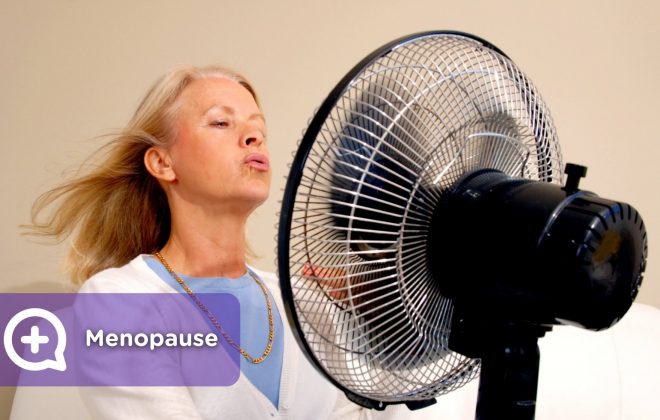The news that you are pregnant causes you great excitement, but knowing it is a high-risk pregnancy makes you feel afraid. Thinking that the arrival of a baby changing your life forever is exciting. It can also generate uncertainty: that everything goes well, that you can rest or feed yourself enough. As much as it seems alarming what your gynecologist has confirmed that it is a high-risk pregnancy, do not be scared, follow the advice and you will see that everything will go as you hope.
What is a high-risk pregnancy?
A high-risk pregnancy means that you and your baby have a higher risk of having health problems during pregnancy, delivery and postpartum. But this does not necessarily mean that your life or that of your baby is in danger. A high-risk pregnancy needs more attention than usual. It means that you must take extra care during your pregnancy. You may need more rest and more medical checkups than other pregnant women, as well as some type of medication or food supplements.
High-risk pregnancies can be due to several reasons, such as the presence of a previous illness, or unhealthy habits.
The most common risk factors in young women are:
- Diseases. Having certain diseases such as diabetes, obesity, chronic hypertension, respiratory problems, disorders in blood clotting, polycystic ovary syndrome or kidney problems can put your health and that of your baby at risk.
- Unhealthy habits Smoking, drinking alcohol and taking drugs can cause problems during the 9 months of pregnancy.
- Surgical interventions. Surgeries in the uterus, or abdominal operations.
- Problems in pregnancy. Placental misplacement, abnormal growth of the fetus, or difference between the blood group of the mother (Rh negative) and the baby (Rh positive).
- Multiple pregnancy. If you expect twins, triplets or more babies, it can be considered risky.
- First-time pregnant women older than 35 years are more likely to present risks for their age.
What can I do to prevent it?
If you suffer from some of the factors involved in having a high-risk pregnancy, or if you simply want to do everything possible to avoid it, you can follow a series of healthy habits that reduce the chances of having problems during pregnancy. Here are some guidelines you can follow:
- Healthy diet. Try to follow a balanced diet that includes fruits, vegetables and cereals, meats and fish.
- Exercise. Perform exercise regularly, with medical supervision.
- Avoid excesses. Do not smoke, avoid alcohol and drugs.
- Vaccination. Do not forget to have the vaccines up to date and also those recommended by the gynecologist.
- Folic acid. Take at least 400 micrograms of folic acid every day before and during pregnancy. Folic acid or folate is a B vitamin (B9) that has been shown to significantly reduce the risk of the baby having neural tube defects.
- Medical visit. Perform controls before and during pregnancy.
The best way to know if your pregnancy is at risk is for your doctor to examine you, perform the necessary studies and evaluate the diagnosis.
*Content validated by the mediQuo medical team.



